Education: Schools
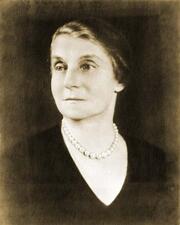
Carrie Bamberger Frank Fuld
The daughter of German Jewish immigrant parents, Carrie Bamberger Frank Fuld was a philanthropist who, in partnership with her brother, department store magnate Louis Bamberger, founded the internationally acclaimed Institute for Advanced Study in Princeton, New Jersey. Fuld was also involved in many Jewish philanthropic causes throughout her life.
Lillian Mellen Genser
Susan Brandeis Gilbert
Henriette Goldschmidt
At a time when women were banned from universities, Henriette Benas Goldschmidt championed women’s education as a crucial building block of a healthy society. She co-founded the General Association of German Women in 1865 and served on the association’s board until 1906, advocating women’s education for the betterment of society. In 1911 she created her crowning achievement, the Leipzig College for Women, Germany’s first women’s college.
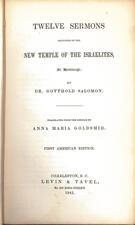
Anna Maria Goldsmid
Anna Maria Goldsmid was a Victorian Jewish advocate of women’s education and Jewish emancipation who made a name for herself as a translator, lecturer, philanthropist, and poet.
Rebecca Fischel Goldstein
The quintessential rebbetzin [rabbi’s wife], Rebecca Fischel Goldstein was a prime mover in her husband’s drive to build the Institutional Synagogue and make it a center of Jewish life in Harlem. As a consummate volunteer leader, she strove to make women a dominant force in organized Jewish life.
Rivke Savich Golomb
Rivke Savich Golomb was an educator and Yiddishist who taught at Jewish schools in Warsaw, Palestine, Canada, and Mexico over the course of her career. She and her husband established Nuevo Colegia Israelita I. L Peretz in Mexico in 1950. Their “golombist” philosophy was based around integrating Yiddishkait into a humanist Jewish world.
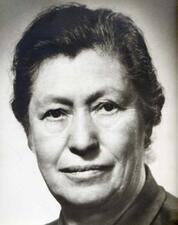
Bessie Goldstein Gotsfeld
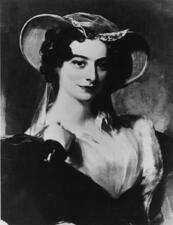
Rebecca Gratz
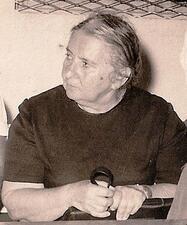
Rivka Guber
Through her work as a soldier, writer, teacher, and volunteer supporting immigrants, Rivka Guber exhibited selflessness for her neighbors and for the young State of Israel as a whole, earning her the title “Mother of the Sons” and the respect of the nation.
Angèle Guéron
Angèle Guéron was an educator in Edirne, once an important city in the late Ottoman Empire, now a border town in northwestern Turkey. The eloquent journal she kept during the Balkan Wars (1912-1913) provides a rare glimpse of life in a besieged Ottoman city and the struggles of a Sephardi Jewish woman against a conservative communal patriarchy.
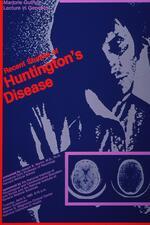
Marjorie Guthrie
First a dancer, then a teacher, Marjorie Guthrie founded the Woody Guthrie Children’s Fund and Archive in 1956 to preserve her husband’s works for future audiences. By the end of her life, she was a national activist for Huntington’s Disease and other genetic and neurological diseases.
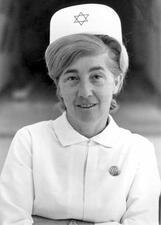
Hadassah School of Nursing: First Graduating Class
Nursing was not recognized as a profession in Israel until 1918, when the American Zionist Medical Unit, which later became the Hadassah Medical Organization, opened a nursing school. The first graduates were the leaders and pioneers of the nursing profession in Israel.
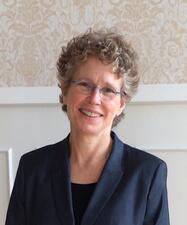
Susan Harris
Marion Hartog
Marion Hartog and her sister Celia published influential poetry and books on Jewish themes, including works that were among the first fictions ever published by Jewish women anywhere in the world. Hartog later created and edited the first Jewish women’s periodical in history, The Jewish Sabbath Journal.
Melissa Hayden
Melissa Hayden showed unparalleled versatility and range in her ballet dancing during a successful career that spanned decades. Dancing in both the American Ballet Theater and New York City Ballet, Hayden thrilled her audiences with consistently excellent performances in a career that spanned four decades.
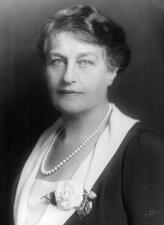
Hebrew Teachers Colleges in the United States
Jewish education in the United States was always the preserve of women on the “front lines” and in the classroom. In the early days of these programs, men “ran the show,” but beginning in the mid-twenteith century, women began to take on increasing roles as faculty members and administrators. In the early twenty-first century, women ascended to leadership positions in these institutions.
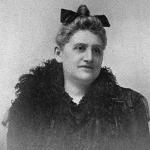
Lina Frank Hecht
Higher Education in Central Europe
Jewish women were disproportionally represented at Central European universities before WWI and during the interwar years. Acculturated Jewish society saw higher education as a way of integrating itself into the educated bourgeoisie. Attending university offered women greater personal independence, even as they faced antisemitism and ridicule.
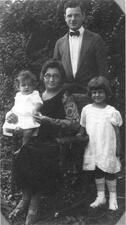
Bessie Abramowitz Hillman
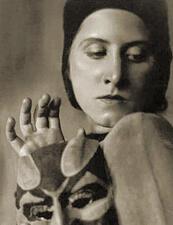
Hilde Holger
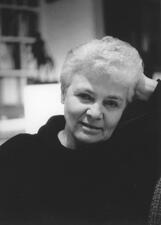
Holocaust Studies in the United States
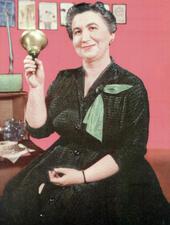
Frances Horwich
Frances Horwich was loved by parents and children alike for her educational television show, Ding Dong School, which taught millions of children how to finger paint, grow plants, and do craft projects with household objects such as pipe cleaners and paper plates. She ended up writing 27 Ding Dong School books and two books for parents, as well as winning several awards over her career.
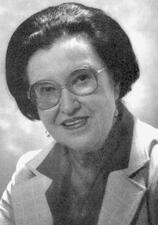
Hunter College
Hunter College of the City University of New York was founded as a public, tuition-free secondary and teacher-training school for women that admitted students solely on the basis of academic merit, at a time when many institutions of higher education were implementing policies of selective admissions designed specifically to deflect disadvantaged students.
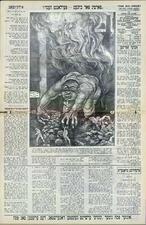
International Ladies Garment Workers Union
The International Ladies Garment Workers Union was founded in 1900 by eleven Jewish men who represented seven local East Coast unions with heavy Jewish immigrant populations. Initially excluded from the union, women began organizing and eventually developed bargaining power after the Uprising of the 20,000 in 1909.


